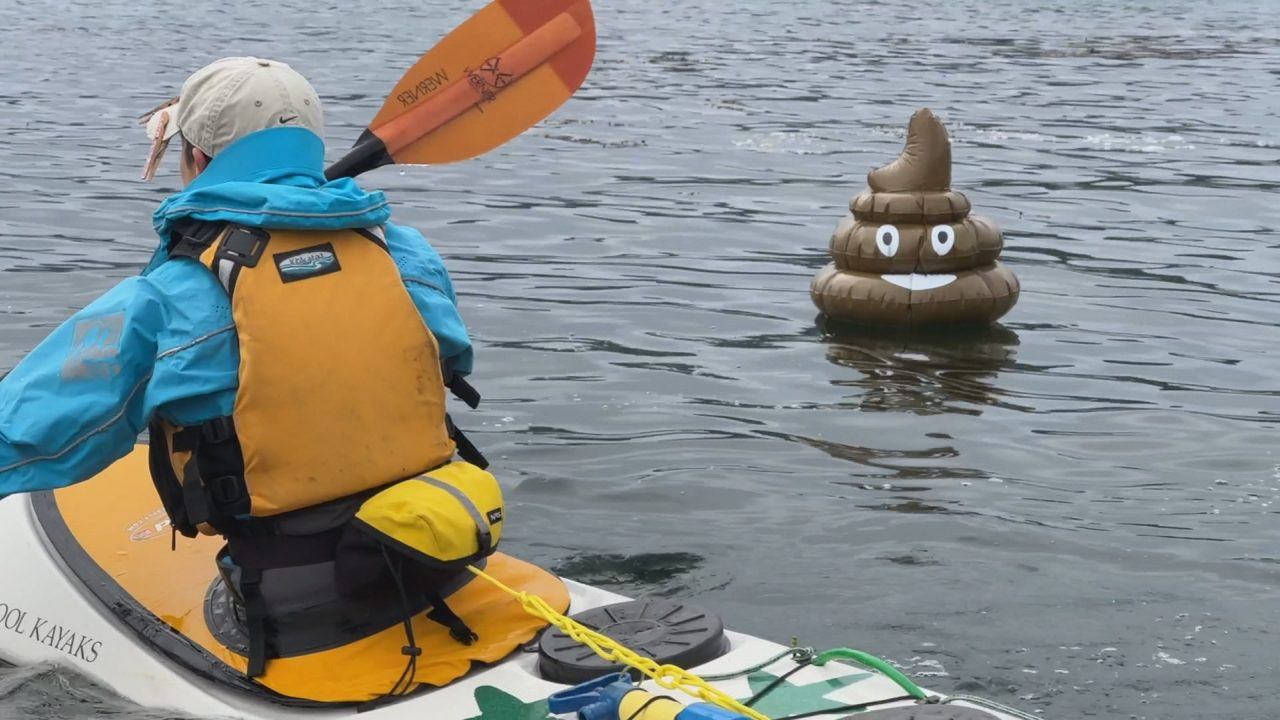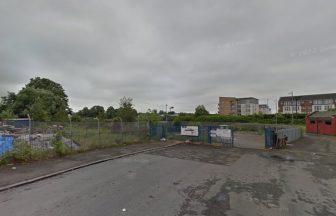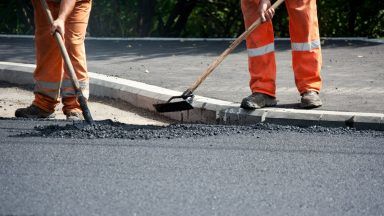Key Points
-
 Campaigners in Tighnabruaich staged a ‘dip if you dare’ protest over sewage pollution in the Kyles of Bute.
Campaigners in Tighnabruaich staged a ‘dip if you dare’ protest over sewage pollution in the Kyles of Bute. -
 Locals warn the water may carry E. coli and norovirus, threatening health and tourism.
Locals warn the water may carry E. coli and norovirus, threatening health and tourism. -
 Some residents swam, while others supported the campaign from kayaks or the shore.
Some residents swam, while others supported the campaign from kayaks or the shore. -
 Researchers at the University of Glasgow are exploring affordable wastewater solutions for rural communities.
Researchers at the University of Glasgow are exploring affordable wastewater solutions for rural communities. -
 Scottish Water and SEPA say water quality is high, but campaigners insist urgent action is needed.
Scottish Water and SEPA say water quality is high, but campaigners insist urgent action is needed.
Campaigners in a village on the Cowal Peninsula claim sewage is polluting the seas around the Kyles of Bute and are demanding urgent action to protect public health, the environment and the local economy.
Residents staged a “dip if you dare” protest in Tighnabruaich, warning of the risks of E. coli and norovirus.
Some took the plunge to highlight their concerns, while others took to kayaks or backed the campaign from the safety of dry land.
One regular swimmer said: “It’s not pleasant to see something floating past. I swim in the sea regularly, but not in areas where there are sewage pipes going into the sea.”
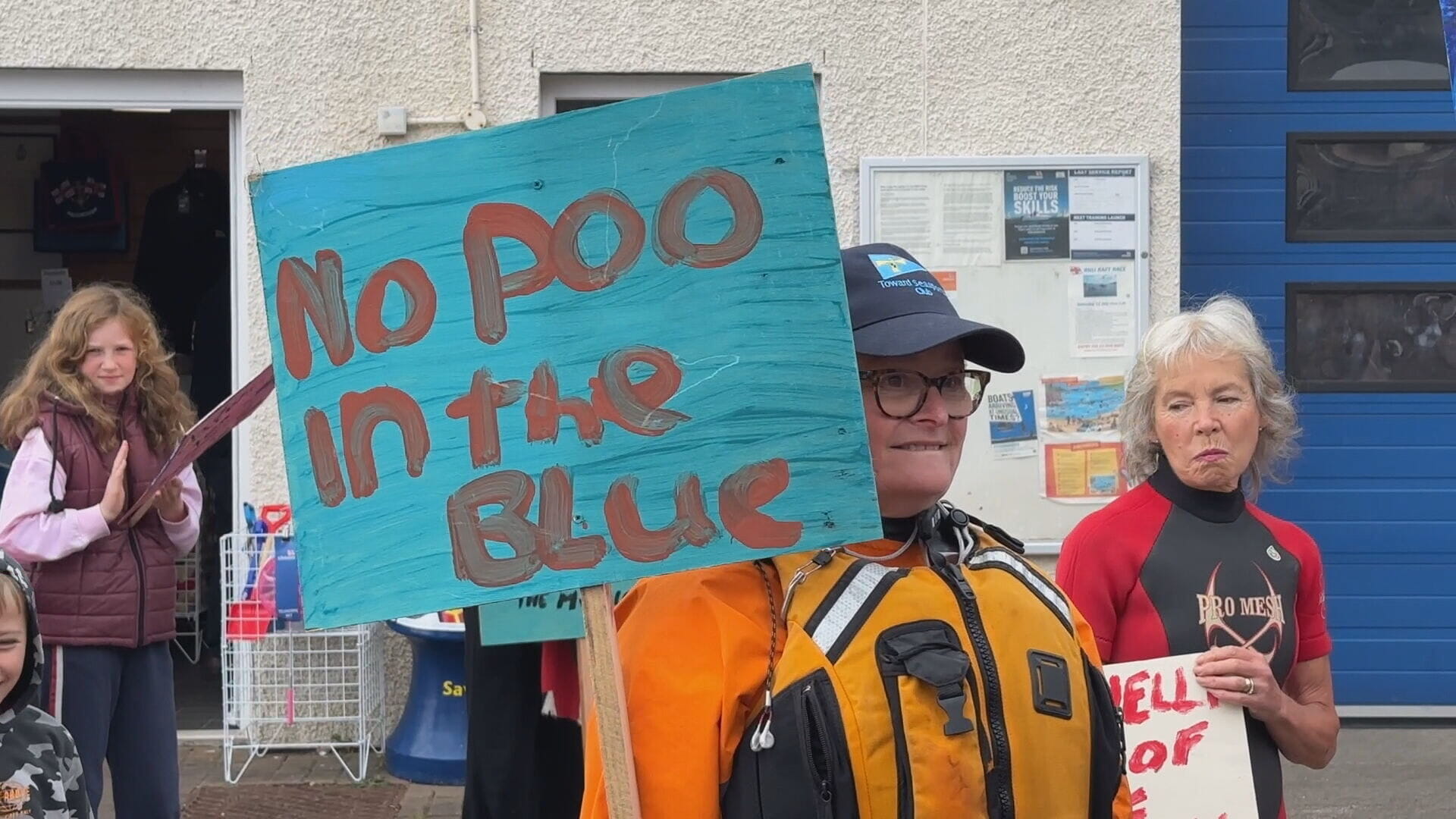 STV News
STV NewsAnother youngster added: “People don’t want to swim in the sea when there’s loads of jobbies about – I mean, would you like that?”
In a letter to campaigners, the Scottish Government said Scotland’s waters are among the cleanest in Europe.
But locals remain concerned about the impact of sewage on recreation, tourism and livelihoods.
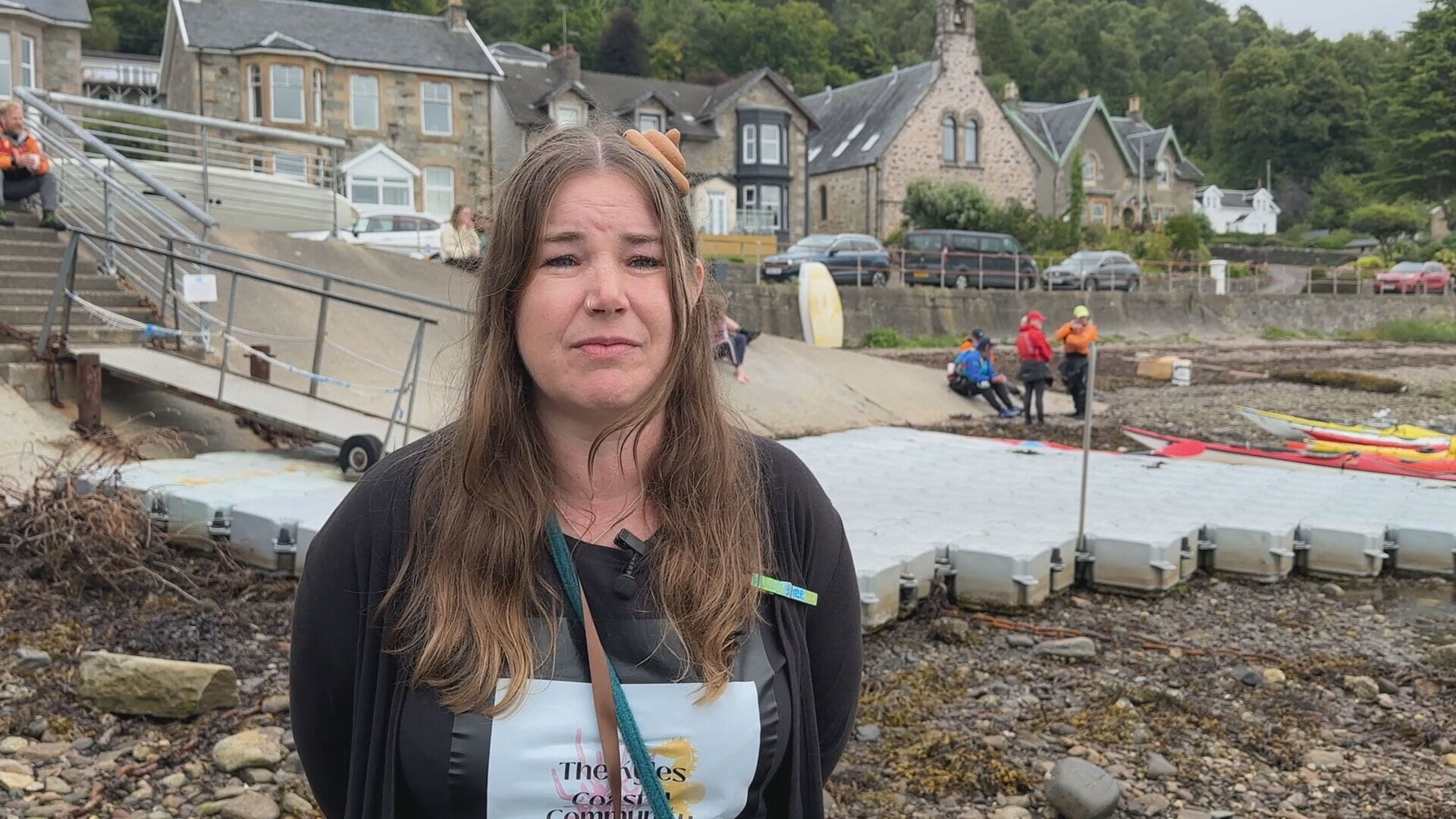 STV News
STV NewsAmie Dow from the Kyles Coastal Community said: “We live in a spectacular area and we are being let down. Gillian Martin has told us there’s nothing wrong with the water quality, but the evidence we see strongly suggests otherwise. This is our sea – would you swim in it?”
Siobhan Stewart, a local primary school teacher, added: “The whole point of the campaign is ‘do you dare to go in the water here? We don’t want that reputation for Tighnabruaich.
“We want people to feel safe to swim here because our local economy is reliant on sea-based recreation.”
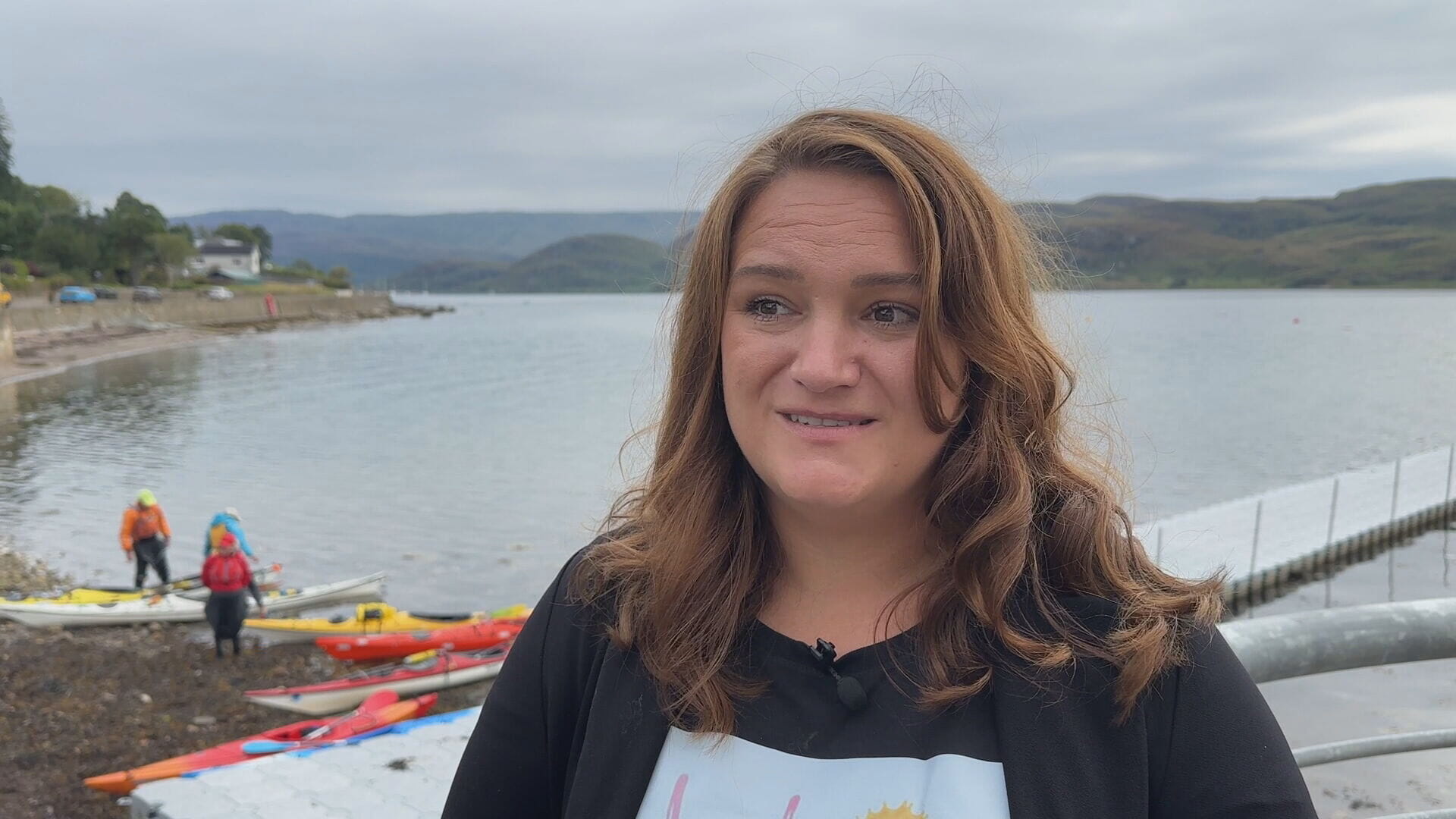 STV News
STV NewsResearchers at the University of Glasgow are working on affordable ways to help small towns like Tighnabruaich manage wastewater.
Professor Bill Sloan said: “We want to invent new technologies that make it attractive to treat wastewater in a better way. The challenge is getting Scottish Water and SEPA to work with communities and to fund sustainable solutions in rural areas.”
Scottish Water said they’ve invested more than £250m in wastewater projects in Argyll and Bute since 2002, but stressed their funding is limited to the public network and does not cover private sewerage systems.
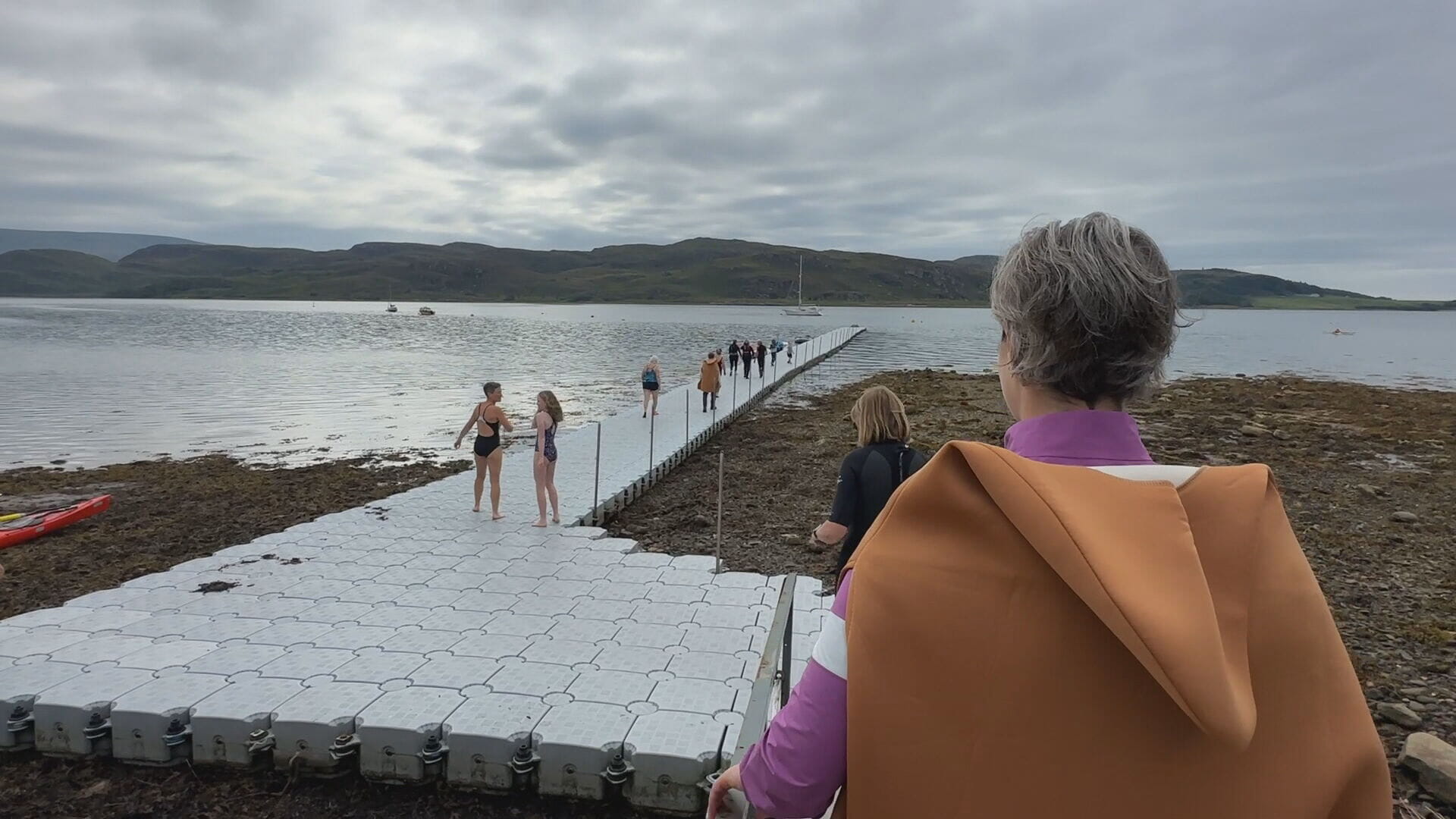 STV News
STV NewsSEPA said water quality in Scotland is at its highest-ever level but pledged to continue working on local issues linked to private systems.
A SEPA spokesperson said: “Environmental water quality in Scotland is currently at its highest level ever, with more than 87% of our water environment achieving good or high classification for water quality. Our aspiration, as set out in the current River Basin Management Plan (RBMP), is for 92% of water bodies to reach good or better status for water quality by 2027.
“There are several causes of water quality issues in Scotland. These include sewer overflows, diffuse pollution (surface water run-off from land and urban areas) and private sewerage systems.
“SEPA continues to work with both private householders and businesses to improve private sewage treatments. Wherever feasible, the preferred option is to connect to a Scottish Water network, where one exists.
“We recognise the time and effort invested by the Kyles Coastal Community group to improve the environment for the community and look forward to continuing to engage with them and other stakeholders.”
Climate action secretary Gillian Martin said: “87% of Scotland’s entire water environment already has a ‘high’ or ‘good’ classification for water quality.
“However, the Scottish Government takes the issue of pollution incidents very seriously. That is why Scottish Water is committing up to £500m to further improve water quality, increase monitoring of the highest priority waters and tackle debris and spills.
“SEPA regulates private sewage discharges to ensure the water environment is protected from the impacts of pollution. The Scottish Government is reviewing its policies to consider how it should align with the EU’s recast Urban Wastewater Treatment Directive, which includes requirements in relation to private wastewater treatment systems such as septic tanks.”
Follow STV News on WhatsApp
Scan the QR code on your mobile device for all the latest news from around the country


